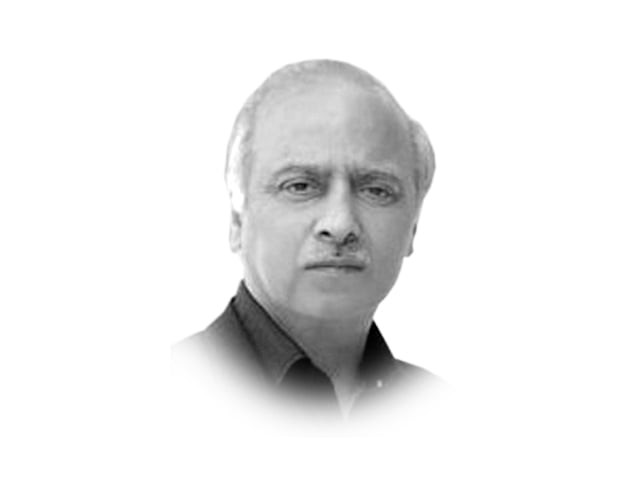Polio, politics, polemics & personal profit
For over a decade Pakistan was seen as an exporter of jihadists. Now, it's evoking fears worldwide for exporting polio

The director general of the World Health Organisation (WHO), Dr Margaret Chan, calls Pakistan “the single most important stumbling block along the road to ending polio … where a massive polio outbreak is sweeping across the country”.
“Worldwide, nearly nine out of every 10 children paralysed by polio live in Pakistan,” Dr Chan told a meeting on October 24 in New York.
And on October 26, the Independent Monitoring Board (IMB) of the Global Polio Eradication Initiative released another damning indictment, as well as a warning on the issue. In one of its reports, the IMB said four-fifths of the global population affected by polio in 2014 lived in Pakistan, five of six cases in Afghanistan were caused by Pakistani poliovirus; 38 children in Syria and Iraq were paralysed as the Pakistan polio virus surged into these countries. Between July and September 2014, eight times as many children were paralysed in Pakistan than everywhere else put together.
Describing Pakistan as “polio’s comfort zone”, the IMB report says the country’s polio programme is “a disaster”, and its emergency operations centre (EOC) “a masterpiece of obscurity”. It says that an emergency response needs responsive and proactive “command and control”, while Pakistan’s EOC is “bureaucratic and confusing”. “Effective leadership arrangements have been missing in Pakistan for nearly two years,” the report adds.
It also points out that every single province in Pakistan is polio infected besides Waziristan. Dr Chan highlighted the efforts of the Khyber-Pakhtunkhwa (K-P) government and the army by saying: “Political and local leaders in Peshawar proved last spring that OPV campaigns can be run without a security incident.” Elias Durry, the WHO senior emergency coordinator for Pakistan’s polio programme, too, underscored the need for replicating the K-P experience.
“When the Peshawar campaign was done, for each campaign, there were no less than 4,000 to 5,000 police … if we keep missing a large number of children in clusters, then the virus will always have a place to hide, be able to attack wherever it wants,” Durry said. He also warned that by the end of this year, the country is likely to become the only one still spreading the virus globally.
Ayesha Raza Farooq, the prime minister’s focal person for polio, also acknowledged the way the K-P government organised the anti-polio campaign. “I do want to give credit to the provincial government in K-P for being very committed in carrying out the 12 weekly security-cordoned polio campaigns that they conducted in Peshawar … The K-P government arranged for additional human resource and additional security personnel ...”
The IMB report also blasts the myth of “inaccessibility and insecurity”, apparently tracing it to political expedience, inadequate funding for vaccination teams, insufficient funds for transportation of teams to far-flung areas, poor arrangements for maintaining the cold-chain required to protect the vaccine, and bureaucratic inaction. Another big factor behind refusals to polio vaccines, medical officials in K-P and Balochistan say, is the absence of basic health infrastructure; state-run medical facilities in rural areas have no medicine for common diseases, doctors are missing, while people are dying of pneumonia, diarrheoa, dengue and so many other recurring diseases.
Imtiaz Ali Shah, the head of the polio programme in K-P, sums up the poor man’s dilemma when vaccinators approach him: “Many people wonder that the government is coming to our doors for vaccinating our children to protect them from a disease that has not yet harmed them, and they do not provide any services when we are ill and when need the services.”
Published in The Express Tribune, October 29th, 2014.
Like Opinion & Editorial on Facebook, follow @ETOpEd on Twitter to receive all updates on all our daily pieces.















COMMENTS
Comments are moderated and generally will be posted if they are on-topic and not abusive.
For more information, please see our Comments FAQ